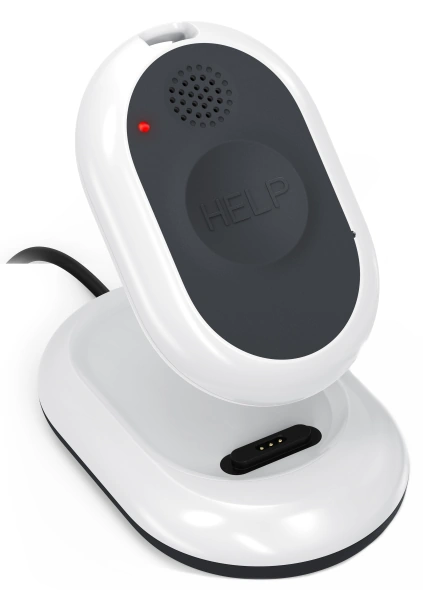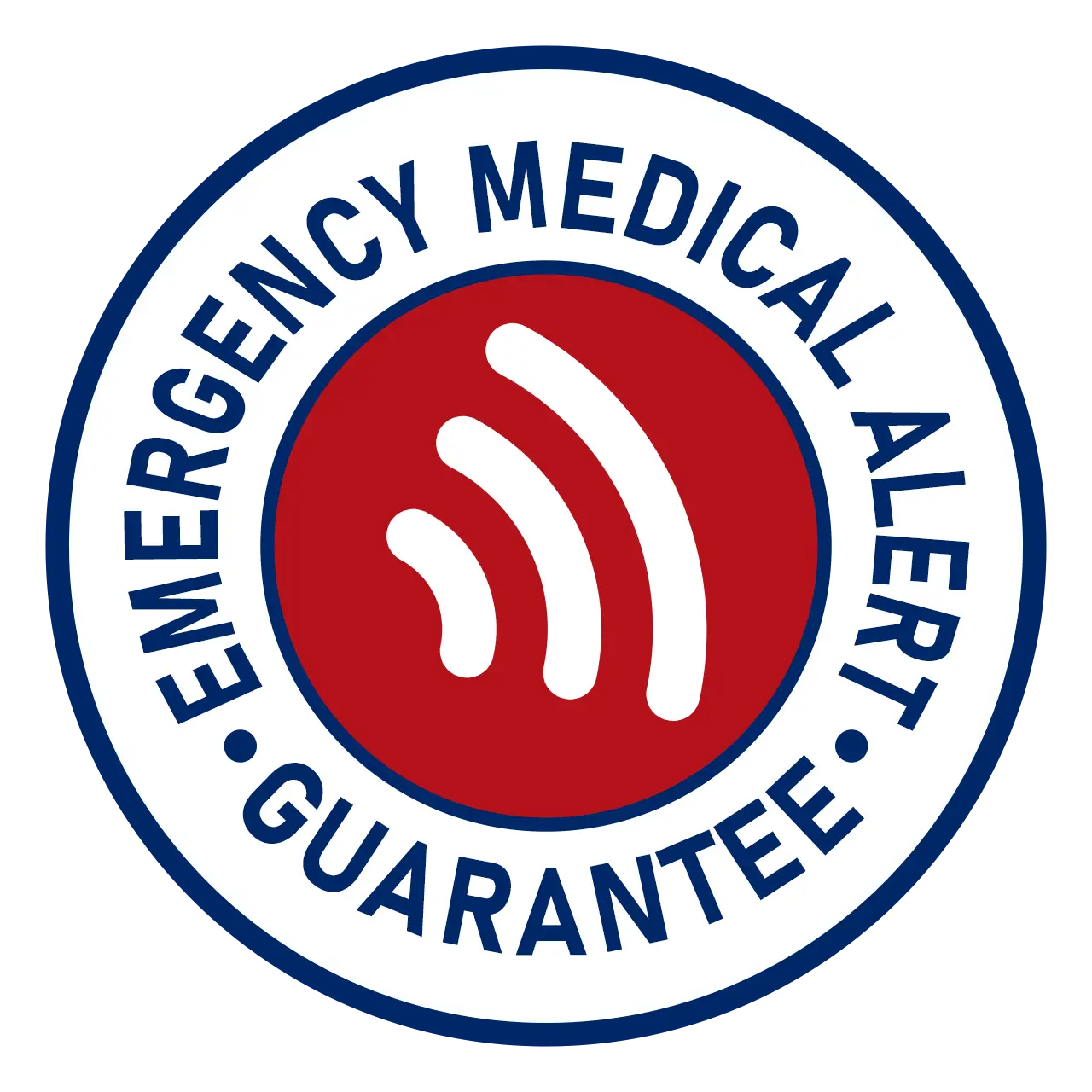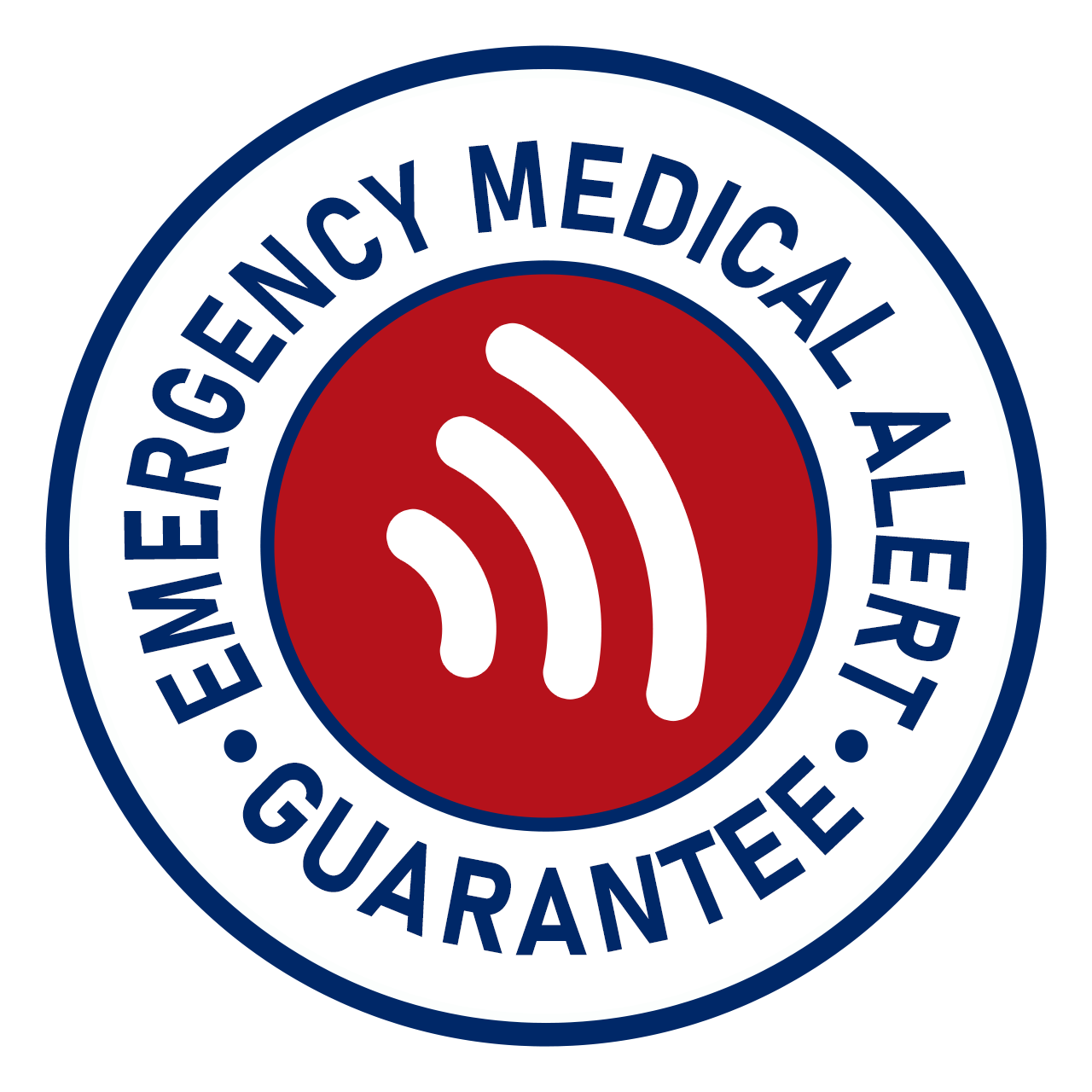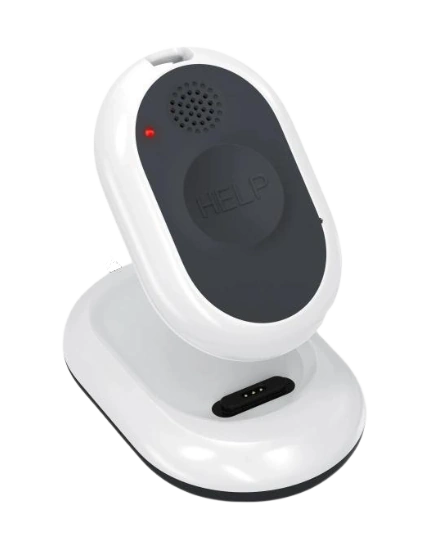Common Symptoms Of Diabetes In Men: What Every Man Should Know
Diabetes is a growing concern for many seniors in the USA, with men facing unique challenges as they age. Early detection of diabetes symptoms can significantly impact health outcomes, helping to prevent complications and improve quality of life. Without knowledge of what diabetes looks like, though, it can be difficult to seek treatments before things get worse. Learn the common signs and symptoms of diabetes in men to help yourself or other seniors you know thrive.
What Is Diabetes?
Diabetes is a long-term condition where blood sugar levels are higher than normal, posing serious health risks if not managed well. There are two main types: Type 1 and Type 2. Type 1 is an autoimmune disorder where the immune system mistakenly attacks insulin-producing cells in the pancreas, leading to little or no insulin production. It's less common and often diagnosed in younger people. Type 2, more common in seniors, occurs when the body becomes resistant to insulin or the pancreas doesn't produce enough insulin.
Recognizing diabetes symptoms early gives people a leg up in effective management, helping prevent complications like heart disease, nerve damage, and kidney problems. For senior men, being alert to these symptoms can lead to earlier diagnosis and improved health outcomes.
Common Symptoms Of Diabetes In Men

Diabetes symptoms can differ from person to person, but some are more prevalent in men and can signal the need for medical attention. Recognizing these signs early can lead to timely treatment. If you or someone you know is experiencing any of the following conditions, it may be time to talk to a doctor:
Frequent Urination And Increased Thirst
Men with diabetes often experience frequent urination, known as polyuria, along with increased thirst, or polydipsia. This happens because high blood sugar levels cause the kidneys to work overtime to remove excess glucose, leading to more urine production. As a result, the body becomes dehydrated, prompting a stronger urge to drink fluids. These symptoms can disrupt daily routines and sleep, making it important to address them quickly.
Unexplained Weight Loss
Unexpected weight loss can be a red flag for diabetes. When the body can't use glucose properly due to insulin issues, it starts burning fat and muscle for energy, causing weight loss. For seniors, keeping an eye on weight changes is important for many reasons, as sudden loss might indicate diabetes or other health concerns.
Fatigue And Weakness
Persistent fatigue and weakness are often linked to unstable blood sugar levels. When glucose isn't converted into energy efficiently, it results in constant tiredness. While feeling tired occasionally is normal, ongoing fatigue that affects daily life could be a sign of diabetes. Even if not, it’s likely a sign of any number of other worrying conditions that will need medical attention. It's important to distinguish between typical tiredness and fatigue related to diabetes, especially for seniors.
Blurred Vision
High blood sugar can impact vision by causing the eye's lens to swell, leading to blurred vision. Seniors should already be having regular eye exams to catch any changes in vision due to age or other conditions. Keeping up with these can help with early detection and prevent serious issues like diabetic retinopathy.
Slow-Healing Sores And Frequent Infections
Diabetes can slow down the body's healing process and weaken the immune system. Men with diabetes might notice that cuts and bruises take longer to heal and that infections occur more frequently. Even those who don’t usually have skin infections or UTIs can get them more often if they have diabetes. Proper skin and wound care are essential to avoid complications.
Erectile Dysfunction
Erectile dysfunction (ED) is a frequent issue for men with diabetes, often due to nerve damage and poor circulation from high blood sugar. While it can be a sensitive topic, discussing it with healthcare providers is important, as there are effective treatments available, regardless of if it is caused by diabetes or other factors. Managing blood sugar can also help alleviate this problem.
Additional Symptoms To Watch For

In addition to the more common symptoms, men should be aware of other potential indicators of diabetes. Tingling or numbness, particularly in the hands and feet, may suggest nerve damage, often referred to as neuropathy. This condition arises due to prolonged high blood sugar levels damaging the nerves, which can lead to discomfort and mobility issues if not managed properly.
Dry skin is another symptom that might not be immediately associated with diabetes, but it can occur as a result of dehydration and poor circulation. Men may also experience frequent infections, as diabetes can compromise the immune system, making it easier for infections to take hold.
These additional symptoms, while sometimes subtle, are important to recognize. Consulting a healthcare professional when experiencing multiple symptoms can help in early diagnosis and prevent further health complications.
Managing Diabetes Symptoms
Managing symptoms of diabetes requires a proactive approach, focusing on both medical interventions and lifestyle adjustments. Regular medical checkups are a big part of any care routine, as they allow healthcare providers to monitor blood sugar levels and adjust treatment plans as needed. Seniors should work closely with their doctors to develop a comprehensive management strategy that suits their individual needs.
It’s equally important to eat a more balanced diet to help manage symptoms on your own. This means choosing foods low in sugar and refined carbohydrates while increasing intake of fiber-rich fruits, vegetables, and whole grains. Such dietary choices can help stabilize blood sugar levels and support overall health. Additionally, maintaining a regular exercise routine is especially beneficial, as physical activity improves insulin sensitivity and aids in weight management. Even moderate activities like walking or swimming can make a significant difference.
Medication may also be a necessary component of managing diabetes. It's important for seniors to understand their prescriptions and adhere to the recommended dosage and schedule. For some, insulin therapy might be required, and learning how to administer it properly is necessary to maintain control over blood sugar levels.
Stress management should not be overlooked as part of the treatment. Stress can negatively impact blood sugar control. As such, techniques such as meditation, deep breathing exercises, or engaging in hobbies can help reduce stress levels.
It’s also empowering to stay informed about diabetes. Seniors should seek out reliable resources and consider joining support groups where they can share experiences and strategies with others facing similar challenges.
Conclusion
Early recognition of diabetes symptoms in men can greatly improve management and prevent complications. Seniors should seek medical advice if they notice any signs of diabetes, as early diagnosis and treatment can enhance quality of life. By staying alert and informed, seniors can take proactive steps to manage diabetes and maintain their health.























